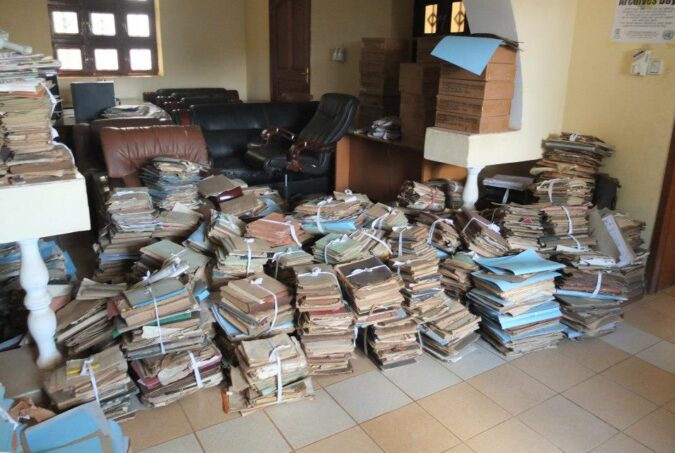
State research capacity has been weakened since the 1980s. It is now hoped that the 'big data' generated by mobile phone use can shed light on African economic and social issues, but we must pay attention to what new technologies are doing to the bigger research environment. Image by Nicki Kindersley.
As Linnet Taylor’s recent post on this blog has argued, researchers are gaining interest in Africa’s big data. Linnet’s excellent post focused on what the profusion of big data might mean for privacy concerns and frameworks for managing personal data. My own research focuses on the implications of big (and open) data on knowledge about Africa; specifically, economic knowledge. As an introduction, it might be helpful to reflect on the French colonial concepts of l’Afrique utile and l’Afrique inutile (concepts most recently re-invoked by William Reno in 1999 and James Ferguson in 2005). L’Afrique utile, or usable Africa represented parts of Africa over which private actors felt they could exercise a degree of governance and control, and therefore extract profit. L’Afrique inutile, on the other hand, was the no-go area: places deemed too risky, too opaque and too wild for commercial profit. Until recently, it was difficult to convince multinationals to view Africa as usable and profitable because much economic activity took place in the unaccounted informal economy. With the exception of a few oil, gas and mineral installations and some export commodities like cocoa, cotton, tobacco, rubber, coffee, and tea, multinationals stayed out of the continent. Likewise, within the accounts of national public policy-making institutions, it was only the very narrow formal and recordable parts of the economy that were recorded. In a similar way that economists have traditionally excluded unpaid domestic labour from national accounts, most African states only scratched the surface of their populations’ true economic lives. The mobile phone has undoubtedly changed the way private companies and public bodies view African economies. Firstly, the mobile phone has demonstrated that Africans can be voracious consumers at the bottom of the pyramid (paving the way for the distribution of other low-cost items such as soap, sanitary pads, soft drinks, etc.). While the colonial scramble for Africa focused on what lay in Africa’s lands and landscapes, the new scramble…
